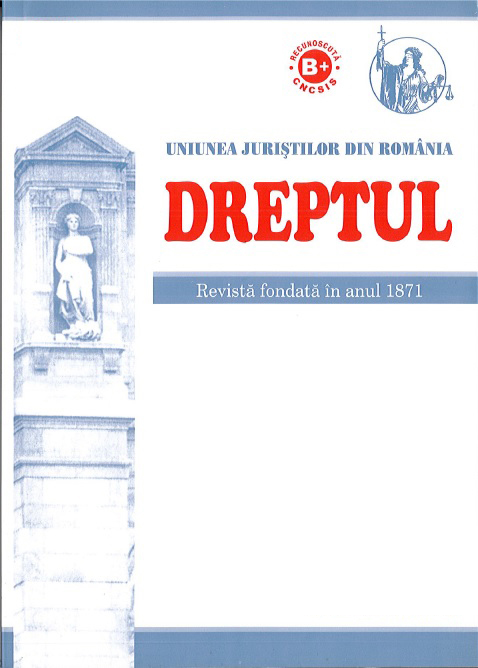The recordings made by technical means have not constituted, at least in civil matters, ever
since the appearance of the devices that made them possible, an admissible evidence, not being
regulated as such by the legislator in the past. In the new regulations, starting with the Law No
217/2003, including in the new Civil Procedure Code, in the conditions of the extended use of
electronic means, both in the institutional framework and in the private life, the daily realities have
imposed the use of the recordings with technical means as evidence.
However, by operating a generalization, the possibility that the data of any kind to be fixed on a
computer-based media has led to the penetration of this kind of probation both in the evidence with
written documents, in the form of computer-based written documents, and in that of material means
of evidence. The inclusion of the recordings, generically speaking, also in the category of material
means of evidence generates problems both in terms of identifying their legal nature, with
implications on their administration and storage regime, and in terms of establishing their
admissibility conditions. The latter also raise the question of establishing the extent of the
probationary area related thereto, respectively whether it should be restricted only to proving those
legal relations which the facts of legal relevance involve, as well as which categories among these
fall within the scope of circumstances likely to be proved in this way.
CONDIȚIILE DE ADMISIBILITATE A PROBEI CONSTITUITE DIN ÎNREGISTRĂRILE AUDIO ȘI/SAU VIDEO EFECTUATE CU MIJLOACE TEHNICE ȘI FORȚA PROBANTĂ A ACESTORA
15.00lei


